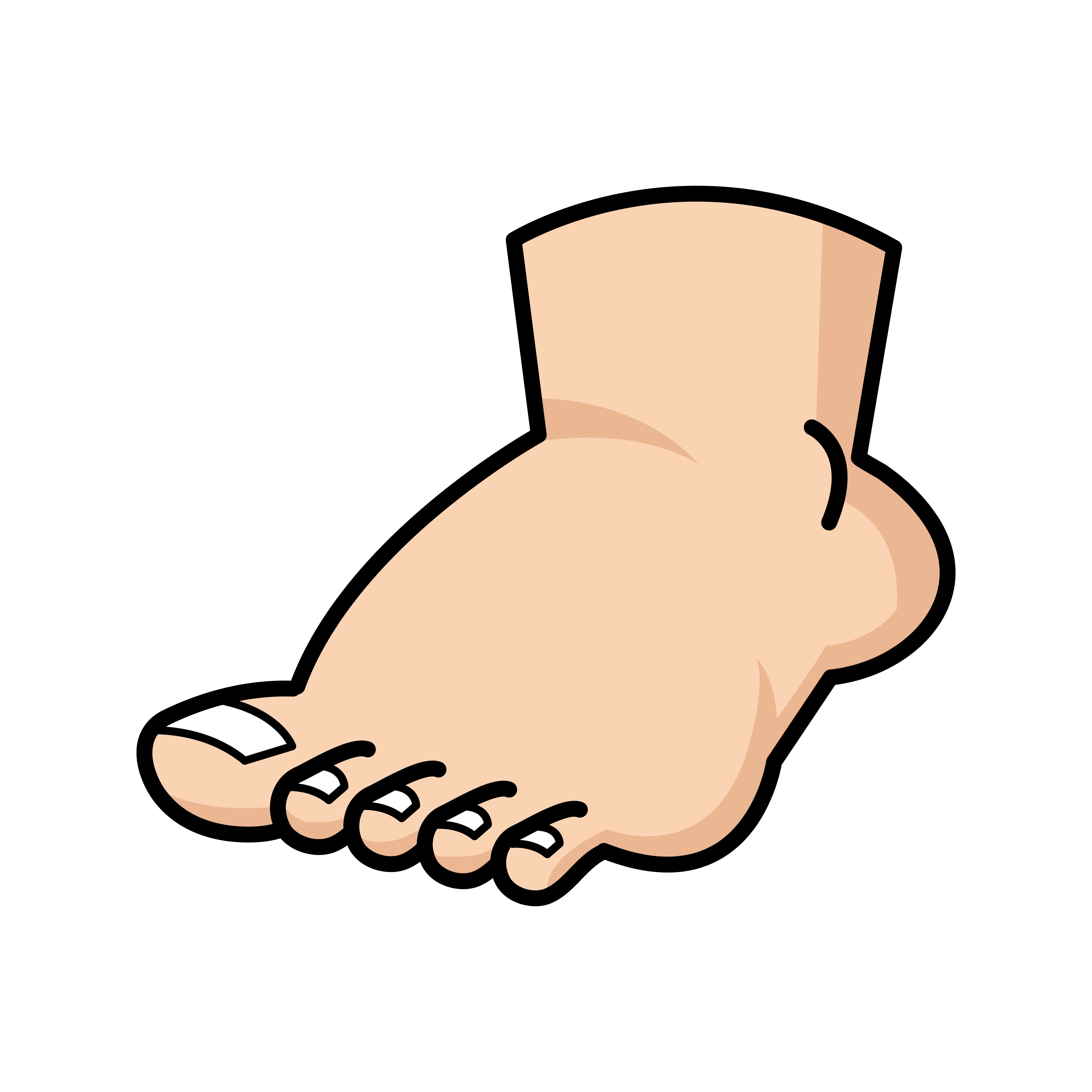I could see it going either way.
With free access, people would be more inclined to go to the doctor for simple and small things, but in return would probably catch more serious issues early and have better access to treatment, therefor reducing the need for intensive and specialized healthcare.
Without, people avoid going to the doctor for small stuff, but end up having to go in with more complicated issues later on.
Heres some studies if you want to do some reading:
Impact of Universal Health Care Coverage on patient demand for health care services in Thailand
staffing issues aside, generally, “free” healthcare (or rather, government provided healthcare) generally reduces the over all costs- in part, as you noted, by allowing far more prevention and efficiency. Also remember, in places with health insurance like the US, you also have staffing for the insurance agency, and the half-dozen agencies providing support to them, as well.
There was a study years ago about putting up Jersey walls on parts of US interstate highways, to see if they increased or decreased the number and severity of accidents. The conclusion was that it increased the number of minor accidents, and decreased the number of serious accidents.
My guess is that universal healthcare would be the same: increasing the number of minor visits and (by noticing and addressing issues before they became serious) decreasing the number of serious visits.
I believe short term there is an increase, give that a lot of people are braving stuff they can’t afford to fix. But it stabilizes and reduces in the long term cause as society becomes healthy, and with other health initiatives like healthy eating, exercise and preemptive healthcare, it normalizes with a general reduction in staff numbers.
There are other disincentives besides price that keep people from going to the doctor if they don’t need to
- wait times to get to the doctor
- the time spent actually getting to the doctor and being there
- social disincentives of having to explain a minor issue to a professional and probably something else that I forget now.
I used the health care services at my home town once this summer, and I spent two months there. Basic care is free at the point of service there. And I only went because I had had a concussion. Didn’t seem that the other people were there for no reason either.
“Free healthcare” doesn’t exist. You can spread the cost differently. Either you pay what you need - which could be a lot - or you pay less but consistently into a big pool along with other people and then that pool money gets distributed to health care providers. That smaller but regular contribution will go up if everybody goes to see their family doctor unnecessarily so there is a bit of a feedback gauge. It isn’t all milk and honey in socialized health care.
No matter what system your country uses, you will have heard about the same problems. Not enough staff, lacking qualifications, people being overworked and underpaid - in particular on the lower rungs of the ladder. That leads me to think that the staffing levels are about the same. Maybe one system has more work hours invested in preventative care while the other needs more in mop-up crews for those who fall through the cracks.
The indirect savings of people going to the doctor earlier etc actually mean some of the healthcare ends up being free.
Also, saying that you’ll have the same problems regardless the system is both factually incorrect and unnecessarily nihilist.
When doing comparisons of the nature posed by the title, it is all-important to establish the baseline criteria. That is, what does the landscape look like just prior to implementing the titular policy?
If starting from the position of the present-day USA, then it is almost certain that free-at-time-of-service universal health care would cause the Bureau of Labor Statistics (BLS) to rewrite their projections for medical personnel jobs, in very much an upward trajectory. After all, middle- and upper-class people that already had decent won’t somehow need more healthcare just because it’s free, but people who have never seen a doctor in their adult life would suddenly have access to a physician. More total patients means more medical staff needed, both short-term and long-term. The latter is because the barrier to annual checkups is all but eliminated, which should also yield better outcomes through early detection of problems and development of working rapports with one’s physician.
If, however, the baseline situation is a functional but private-payer healthcare system in a place with a low Gini coefficient – meaning income is not concentrated in a few people – then it’s more likely that healthcare is already accessible to most people. Thus, the jump in patients caused by free healthcare may be minimal or even non-existent. It may, however, also be that free healthcare would benefit different segments of this population through access to a higher standard of quality care, if removing the private-payer system results in dismantling of legacies caused by racism, colonialism, or whatever else.
After all, that’s one of the tenants of a universal healthcare system: people get the treatment they need, with no regard for who they are or what wealth they have (or not).
Living somewhere where the healthcare is not free but heavily subsidised people do not go to the doctor for minor issues because when I tried to call and book an appointment I got an answering machine telling me that they don’t have time to answer the phone today, try again tomorrow. And of course the online booking did not work.




